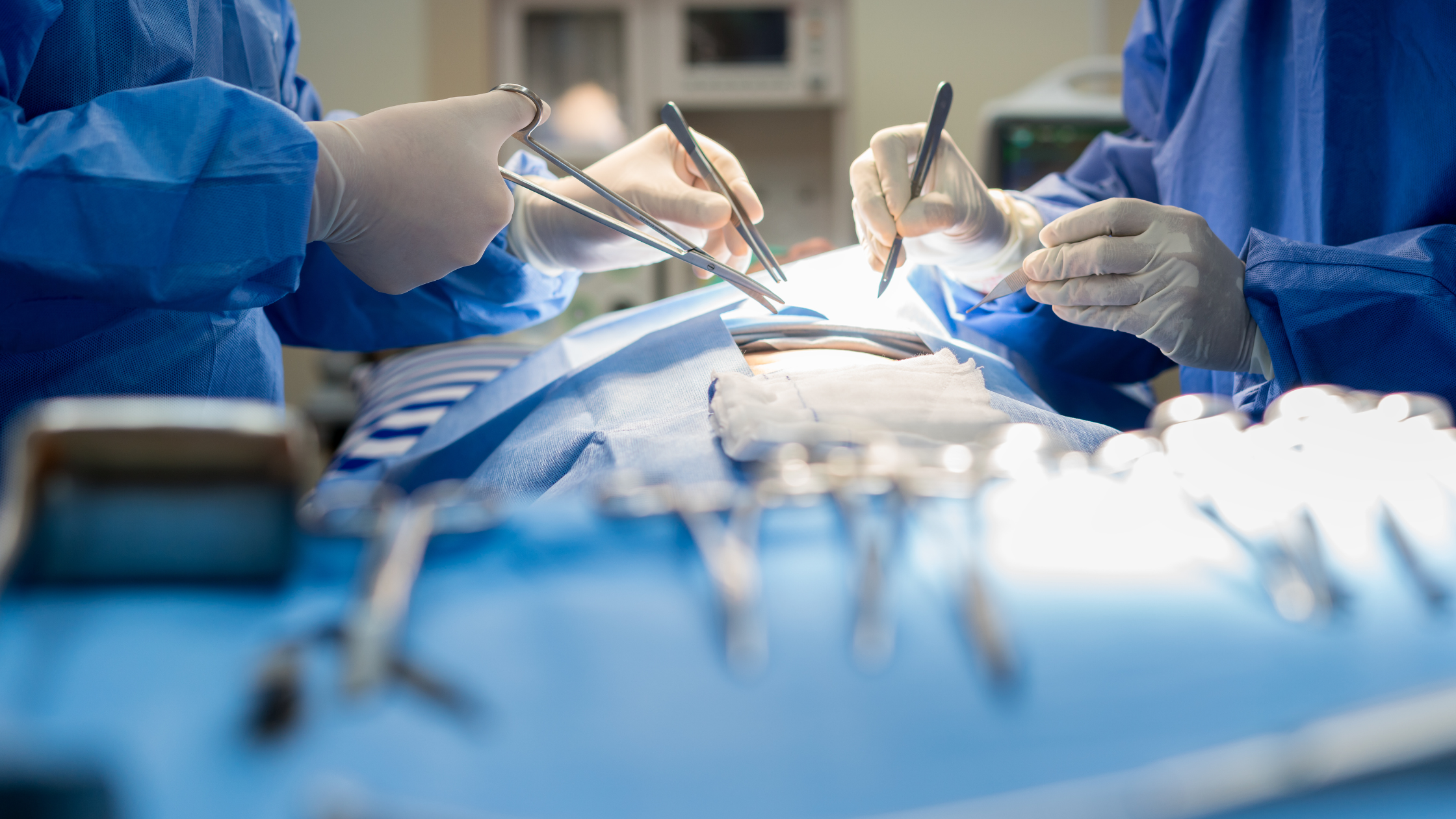Preparing for a Splenectomy

What Is a Splenectomy?
A splenectomy is a surgical procedure that removes the spleen, an organ located in the left upper quadrant of the abdomen. The spleen filters certain cells from the blood and supports the immune system.
A splenectomy may be performed for a number of reasons, including trauma or damage to the spleen, infections, cancers, or growths on the spleen. People can live well without their spleens. However, once the spleen is removed, they may need additional vaccinations and antibiotics beyond those suggested to the general population.
How Is the Surgery Performed?
A splenectomy can be performed using a minimally invasive technique known as a laparoscopy or an open surgery. Regardless of the technique, it is typically done using general anesthesia.
- A surgeon will make a few small incisions in the left upper abdomen for a laparoscopic splenectomy. They will insert a small camera (laparoscope) through one of these incisions and surgical tools through the others. The spleen will be removed using the assistance of the video camera.
- For an open splenectomy, a surgeon will make a larger incision in the abdomen and remove the spleen through a larger window. This method is more invasive but may be necessary depending on the spleen’s condition and the surrounding area’s anatomy.
After the spleen is removed, the abdomen will be closed with stitches and covered with a dressing to help prevent infection.
Preoperative Evaluation
Before a splenectomy, your surgeon will review your medical history and do a physical exam. They may obtain blood tests and a urine sample to get more information about your spleen’s health and the health of your blood cells. They may also do an electrocardiogram (EKG) to check the health of your heart, as well as imaging tests such as an ultrasound or CT scan. Before the procedure, you may also be advised to get certain vaccinations because removing the spleen can reduce your immunity.
Preoperative Preparations
Before your surgery, your surgeon will tell you which medications are okay to continue taking in the days before surgery, which medications you should stop taking, and when. You will be told to fast for a certain number of hours before the surgery, as well as to bathe with antibacterial soap prior to the surgery, avoiding applying any lotion. It will be important for you to arrange for someone to drive you home after the surgery and to have someone help you at home as you recover.
Recovery from a Splenectomy
After a splenectomy, you will recover in the hospital for at least a day (recovery is longer for an open surgery versus a laparoscopic surgery). You will be monitored to make sure you’re recovering well before you’re discharged home. Recovering from a splenectomy may take 4 to 6 weeks, and you may have specific restrictions during this time period, including reduced lifting, straining and exercising.
If you’ve been advised to have a splenectomy, make sure to contact the specialists at Advanced Laparoscopic Associates (ALA) today.

